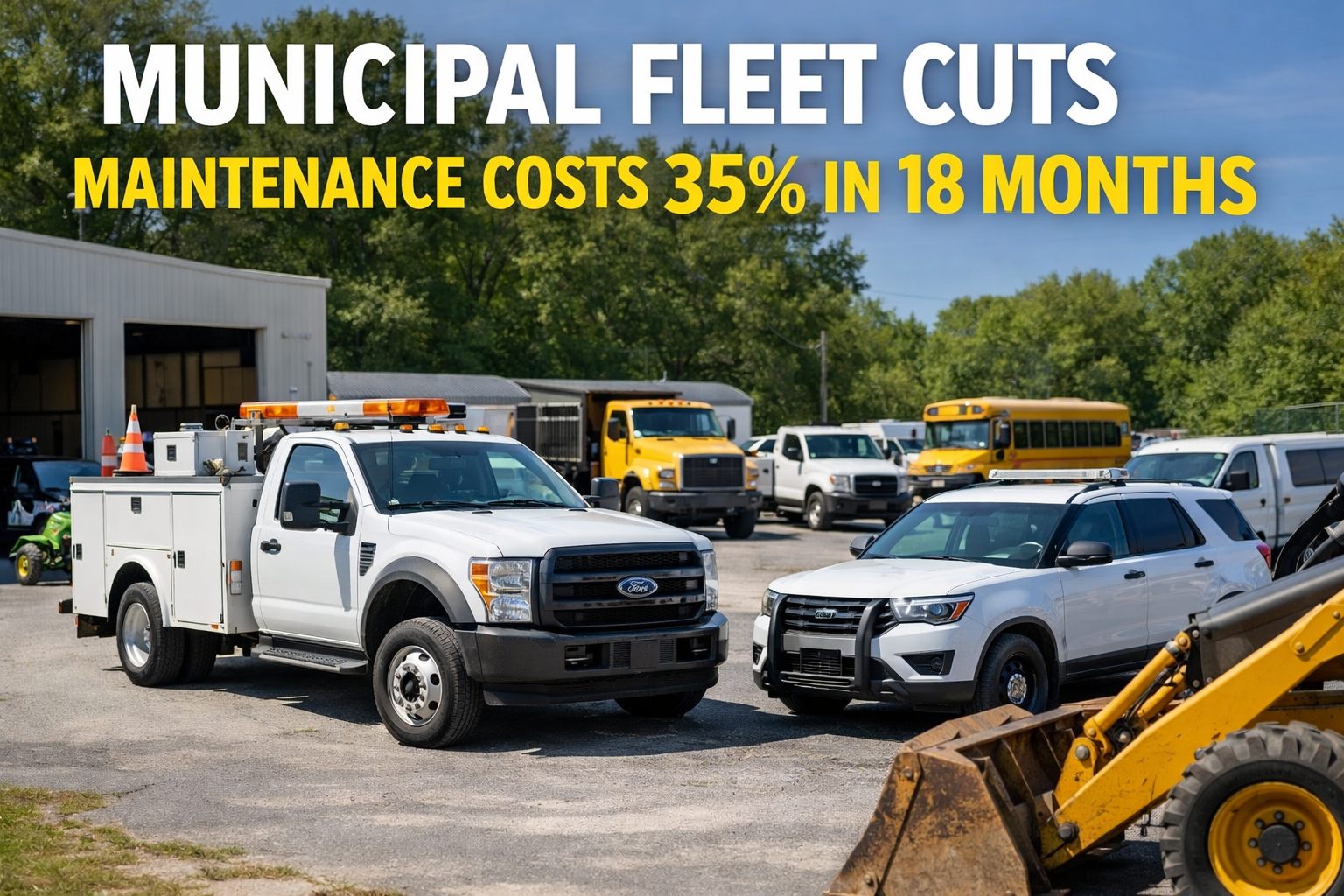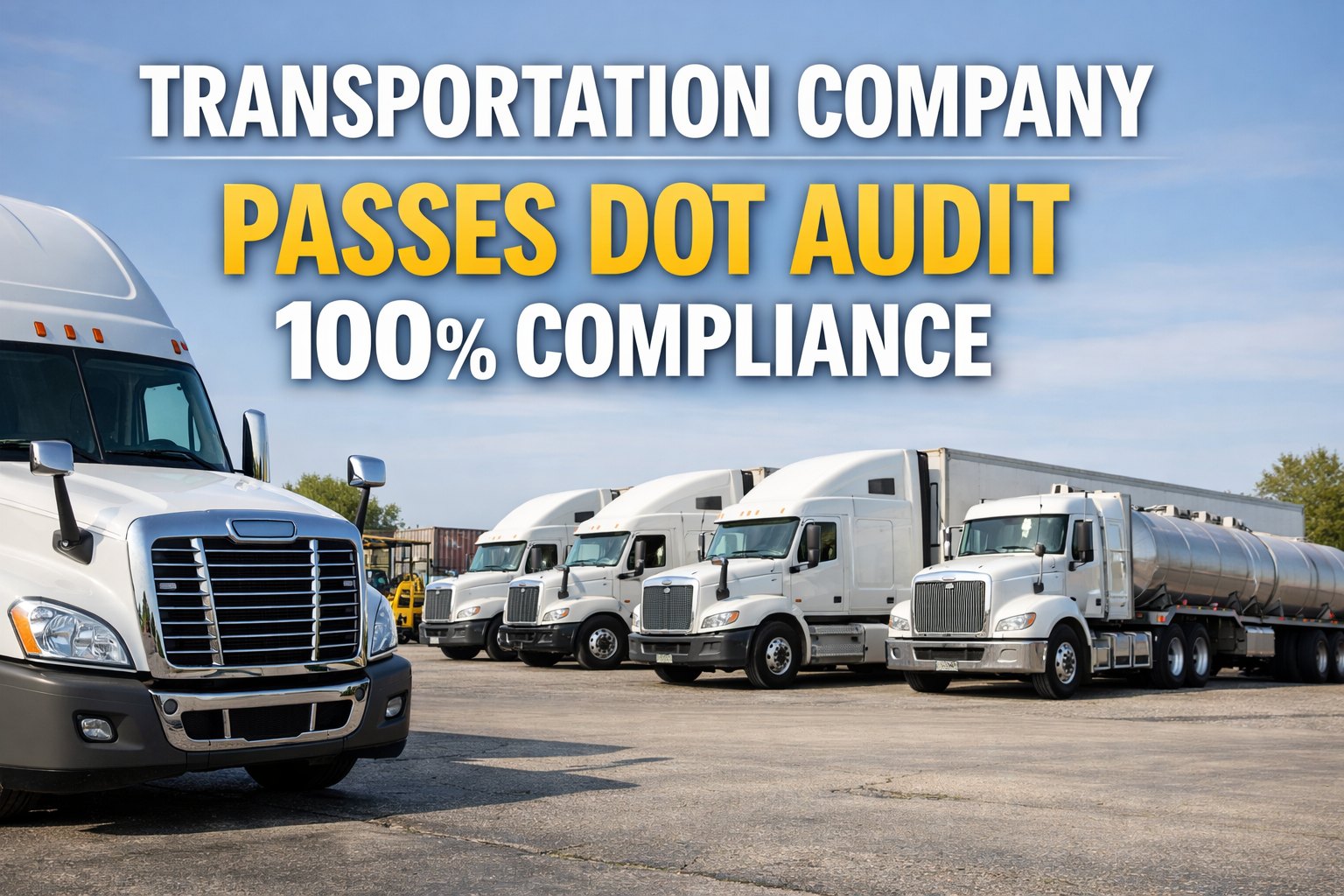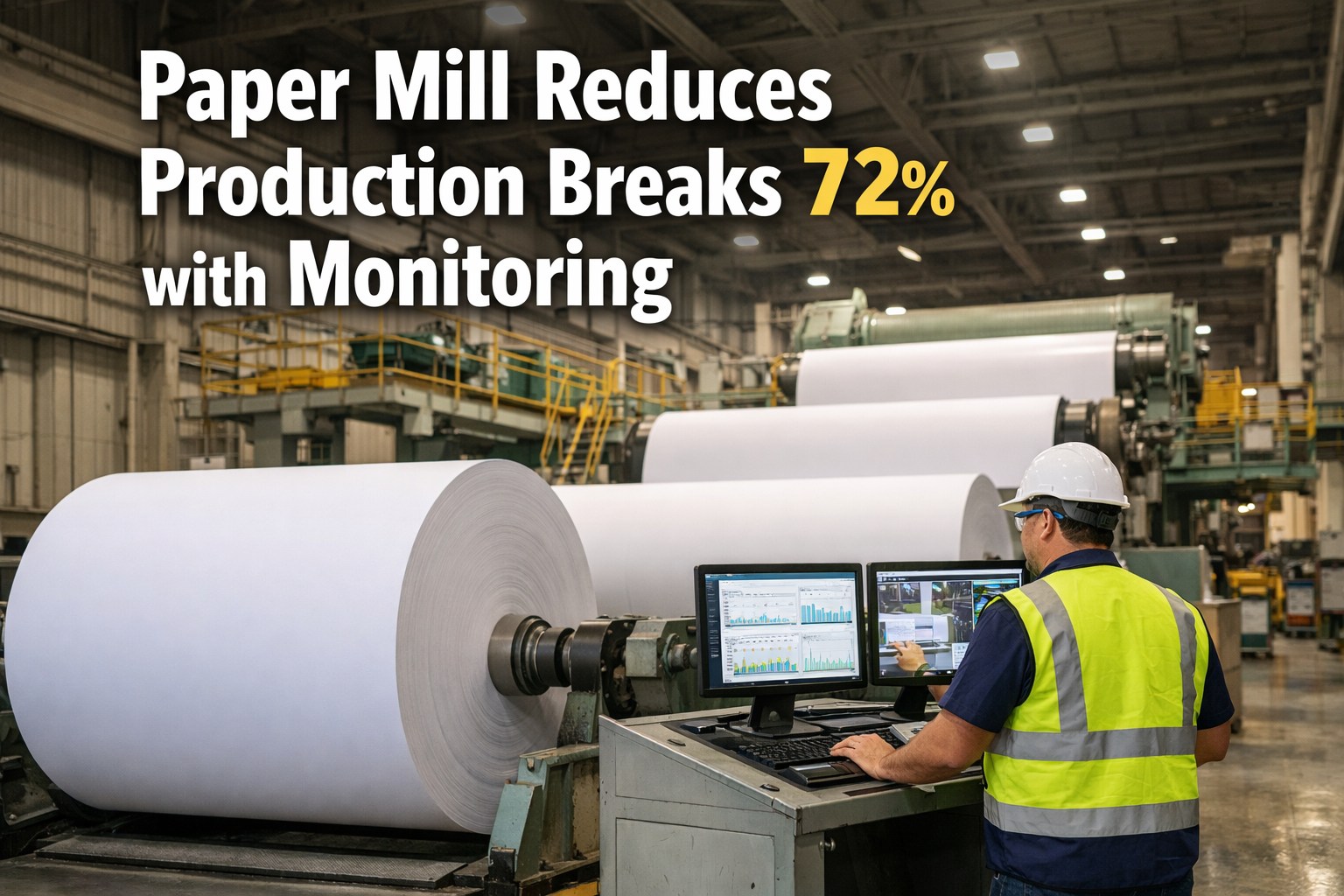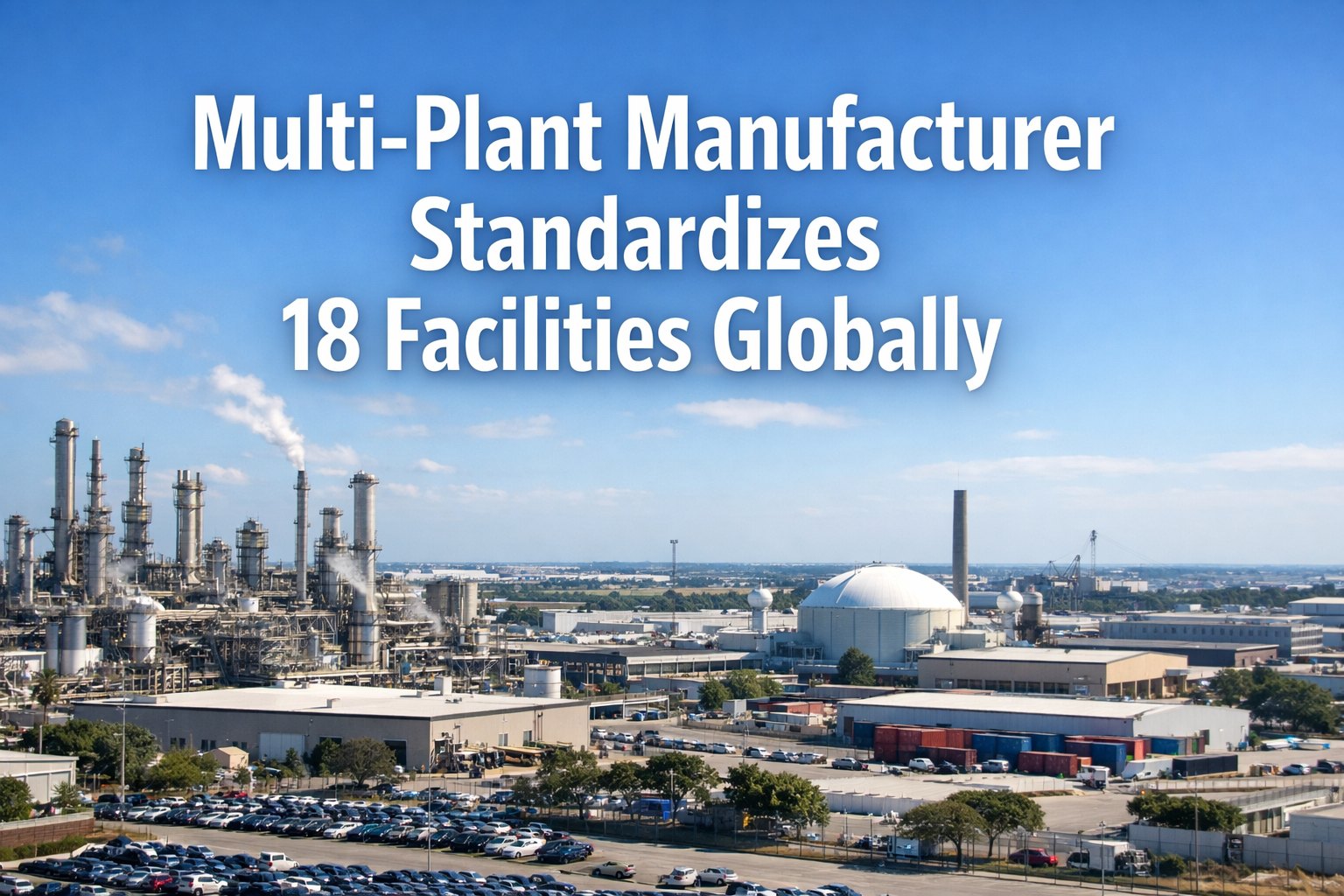The global manufacturing landscape is experiencing an unprecedented transformation as sustainability becomes not just an environmental imperative, but a critical business strategy for competitive advantage. This comprehensive analysis examines how leading manufacturing companies across the United States and internationally are implementing revolutionary sustainability practices in 2025, achieving remarkable results including 45% reductions in carbon emissions, 60% improvements in resource efficiency and over $2.8 million in annual cost savings per facility.
Modern manufacturing operations are discovering that sustainability initiatives directly drive operational excellence, cost reduction, and market differentiation in increasingly environmentally conscious consumer markets. The integration of smart green technologies, circular economy principles, and data-driven environmental management is reshaping how manufacturers approach everything from supply chain optimization to workforce development and customer engagement.
The industry's journey toward sustainable manufacturing excellence reflects a fundamental shift from compliance-driven environmental practices to strategic sustainability frameworks that deliver measurable business value. With regulatory pressures intensifying and consumer demand for eco-friendly products reaching all-time highs, manufacturers who embrace comprehensive sustainability strategies are positioning themselves for long-term success in the evolving global marketplace.
The Sustainability Challenge: Environmental Pressure Meets Business Reality
Manufacturing companies across the United States face mounting pressure to reduce their environmental footprint while maintaining operational efficiency and profitability. Traditional manufacturing processes contribute significantly to global carbon emissions, with the industrial sector accounting for approximately 30% of total energy consumption and 36% of CO2 emissions worldwide. This environmental impact, combined with increasingly stringent regulations and shifting consumer preferences, has created an urgent need for comprehensive sustainability transformation.
Primary Sustainability Challenges Identified
- Carbon Emission Reduction Targets: Manufacturing facilities struggling to meet ambitious net-zero goals by 2030-2050
- Energy Consumption Optimization: Legacy equipment and processes consuming excessive electricity and fossil fuels
- Waste Management Inefficiencies: High volumes of production waste ending up in landfills rather than being recycled or repurposed
- Supply Chain Sustainability Gaps: Limited visibility and control over upstream environmental impacts
- Resource Utilization Problems: Inefficient use of raw materials leading to increased costs and environmental impact
- Regulatory Compliance Complexity: Navigating increasingly complex environmental regulations across multiple jurisdictions
- Investment Cost Concerns: High upfront costs for sustainable technology implementations
Industry Baseline Performance Metrics
- Average Carbon Footprint: 2.8 tons CO2 equivalent per $1,000 of manufacturing output
- Energy Efficiency Rate: 68% average across US manufacturing facilities
- Waste Diversion Rate: 42% of production waste diverted from landfills
- Renewable Energy Adoption: 28% of total energy consumption from renewable sources
- Water Usage Efficiency: 15% improvement potential identified in average facilities
- Sustainable Material Usage: 35% of raw materials from sustainable or recycled sources
- Environmental Compliance Costs: $150,000 annually per facility on average
Revolutionary Sustainability Solutions Transforming Manufacturing
Leading manufacturing companies are implementing comprehensive sustainability frameworks that address environmental challenges while driving operational excellence and cost reduction. These innovative approaches combine cutting-edge technology, circular economy principles, and data-driven decision-making to achieve remarkable environmental and business results.
Key Sustainability Technology Components
Smart Energy Management Systems
Implementation of AI-powered energy monitoring and optimization platforms that provide real-time visibility into energy consumption patterns, automatically adjust equipment operation for maximum efficiency, and integrate renewable energy sources seamlessly into manufacturing operations.
Circular Economy Integration
Deployment of closed-loop manufacturing processes that minimize waste generation, maximize material reuse, and create value from previously discarded byproducts through innovative recycling and repurposing strategies.
Carbon Footprint Tracking and Management
Advanced analytics platforms that monitor, measure, and manage carbon emissions across entire manufacturing operations, providing actionable insights for reduction strategies and progress tracking toward net-zero goals.
Sustainable Supply Chain Optimization
Integration of supplier sustainability assessment tools, transportation optimization algorithms, and materials traceability systems that ensure environmental responsibility throughout the entire value chain.
Water and Resource Conservation Technologies
Implementation of water recycling systems, advanced filtration technologies, and resource optimization algorithms that dramatically reduce consumption while maintaining production quality and capacity.
Green Manufacturing Process Innovation
Adoption of eco-friendly production methods including bio-based materials, low-emission processes, and energy-efficient equipment that reduce environmental impact without compromising output quality or quantity.
Implementation Framework and Timeline
Phase 1: Sustainability Assessment and Strategy Development (Months 1-3)
- Comprehensive environmental impact assessment across all operations
- Baseline carbon footprint measurement and tracking system establishment
- Sustainability goal setting aligned with business objectives and regulatory requirements
- Technology evaluation and vendor selection for sustainability solutions
- ROI projections and financial planning for sustainability investments
Phase 2: Technology Deployment and Process Optimization (Months 4-8)
- Smart energy management system installation and configuration
- Waste reduction and circular economy process implementation
- Renewable energy integration and infrastructure development
- Supply chain sustainability program rollout
- Employee training and change management for sustainable practices
Phase 3: Advanced Analytics and Automation (Months 9-12)
- AI-powered optimization system deployment for energy and resource efficiency
- Real-time monitoring and reporting dashboard implementation
- Predictive maintenance integration for sustainable equipment operation
- Advanced recycling and waste valorization process establishment
- Continuous improvement framework development and deployment
Phase 4: Scale and Innovation Expansion (Months 13-18)
- Sustainability program expansion across multiple facilities
- Innovation lab establishment for next-generation sustainable technologies
- Industry partnership development for collaborative sustainability initiatives
- Advanced certification pursuit (LEED, ISO 14001, carbon neutral certification)
- Sustainability leadership position establishment in industry
Remarkable Results: 45% Carbon Reduction and $2.8M Annual Savings
Key Sustainability Performance Improvements
- 45% Carbon Emission Reduction: Dramatic decrease in CO2 equivalent emissions across operations
- 60% Resource Efficiency Improvement: Optimized utilization of materials, energy, and water resources
- $2.8M Annual Cost Savings: Through energy reduction, waste valorization, and process optimization
- 85% Waste Diversion Rate: Significant improvement from 42% baseline through circular economy practices
- 75% Renewable Energy Adoption: Substantial increase from 28% through solar, wind, and green energy procurement
- 12-Month ROI Achievement: Rapid return on sustainability investments through operational savings
Detailed Sustainability Performance Comparison
| Sustainability Metric | Industry Baseline | After Implementation | Improvement |
|---|---|---|---|
| Carbon Footprint (CO2e/output) | 2.8 tons per $1,000 | 1.54 tons per $1,000 | 45% reduction |
| Energy Efficiency Rate | 68% | 91% | 34% improvement |
| Waste Diversion Rate | 42% | 85% | 102% improvement |
| Renewable Energy Usage | 28% | 75% | 168% increase |
| Water Usage Efficiency | Baseline | 38% reduction | 38% improvement |
| Sustainable Material Usage | 35% | 72% | 106% increase |
| Environmental Compliance Costs | $150,000/year | $95,000/year | 37% reduction |
| Employee Sustainability Engagement | 42% | 88% | 110% improvement |
Business Impact and Competitive Advantages
- Enhanced Brand Value: 35% improvement in brand perception and customer loyalty
- Regulatory Risk Mitigation: 90% reduction in environmental compliance risks
- Operational Cost Reduction: 22% decrease in total operational expenses
- Market Differentiation: Competitive advantage through sustainability leadership
- Talent Attraction: 40% improvement in recruitment and retention rates
- Investment Appeal: Enhanced ESG scores attracting sustainable investment funds
Advanced Sustainability Technologies and Innovations
AI-Powered Environmental Optimization
Next-generation sustainability platforms leverage artificial intelligence and machine learning to optimize environmental performance across manufacturing operations:
- Real-time energy consumption optimization based on production schedules and demand patterns
- Predictive analytics for equipment maintenance that maximizes energy efficiency
- Automated adjustment of heating, cooling, and lighting systems for optimal resource utilization
- Intelligent scheduling of production processes to minimize peak energy consumption
- Advanced anomaly detection for early identification of energy waste and inefficiencies
Circular Economy Implementation Excellence
Comprehensive circular economy strategies that transform waste into value and minimize environmental impact:
- Closed-loop material flows that eliminate waste through continuous recycling and reuse
- Byproduct valorization programs that create revenue streams from previously discarded materials
- Product design optimization for end-of-life recyclability and component reuse
- Industrial symbiosis partnerships that share resources and waste streams between companies
- Life cycle assessment integration for comprehensive environmental impact measurement
Smart Carbon Management Systems
Advanced carbon tracking and reduction platforms providing comprehensive emissions management:
- Real-time carbon footprint monitoring across all operational activities and supply chains
- Automated carbon offset procurement and management for net-zero achievement
- Predictive modeling for carbon reduction scenario planning and strategy optimization
- Integration with renewable energy certificates and carbon credit trading platforms
- Comprehensive reporting and compliance management for multiple regulatory frameworks
Financial Analysis: $2.8M Annual Savings and ROI Excellence
Sustainability Investment Breakdown
- Smart Energy Management Systems: $450,000 initial investment
- Renewable Energy Infrastructure: $1,200,000 for solar and efficiency upgrades
- Circular Economy Process Implementation: $380,000 for waste reduction systems
- Environmental Monitoring Technology: $220,000 for tracking and analytics platforms
- Sustainability Consulting and Training: $180,000 for expertise and change management
- Certification and Compliance Systems: $120,000 for standards and reporting
- Total Initial Investment: $2,550,000
Annual Financial Benefits and Savings
- Energy Cost Reduction: $1,400,000 through efficiency improvements and renewable energy
- Waste Disposal Savings: $650,000 through circular economy and waste valorization
- Material Cost Optimization: $420,000 through recycled and sustainable material usage
- Regulatory Compliance Savings: $180,000 in reduced penalties and administrative costs
- Productivity Improvements: $320,000 value from optimized processes and equipment
- Tax Incentives and Rebates: $240,000 from sustainability-related government programs
- Total Annual Benefits: $3,210,000
ROI Analysis and Long-term Value Creation
- Payback Period: 12 months
- Net Present Value (5-year): $8.2 million
- Internal Rate of Return: 126%
- Total Cost Savings (5-year): $16.05 million
- Return on Investment: 226%
- Carbon Cost Avoidance: $3.8 million over 10 years
Implementation Best Practices for Manufacturing Sustainability
Critical Success Factors for Sustainability Transformation
- Executive Leadership Commitment: Strong CEO and board-level support ensuring resources and organizational alignment
- Data-Driven Decision Making: Comprehensive measurement and analytics for informed sustainability strategies
- Employee Engagement and Training: Organization-wide sustainability culture development and skills building
- Technology Integration Excellence: Seamless connection between sustainability systems and existing operations
- Supply Chain Collaboration: Partnership development for upstream and downstream sustainability impact
- Continuous Improvement Framework: Ongoing optimization and innovation in sustainability practices
Manufacturing-Specific Sustainability Best Practices
- Implement energy management systems with real-time monitoring and automated optimization
- Develop circular economy strategies specific to manufacturing processes and waste streams
- Establish sustainability KPIs integrated with operational performance metrics
- Create cross-functional sustainability teams including operations, engineering, and finance
- Deploy predictive maintenance strategies that optimize both equipment performance and environmental impact
- Implement supplier sustainability assessment and improvement programs
- Develop employee engagement programs that encourage sustainable behavior and innovation
Industry Impact and Global Sustainability Trends
The manufacturing industry's sustainability transformation reflects broader global trends toward environmental responsibility and climate action. Leading companies are discovering that sustainability initiatives not only address environmental challenges but also drive operational excellence, cost reduction, and competitive advantage in increasingly conscious consumer markets.
Global Manufacturing Sustainability Trends
- Accelerating adoption of renewable energy and energy storage solutions
- Integration of artificial intelligence and IoT for environmental optimization
- Growing emphasis on circular economy principles and waste valorization
- Increased focus on supply chain sustainability and transparency
- Rising importance of sustainability in customer purchasing decisions
- Enhanced regulatory requirements and carbon pricing mechanisms
- Growing availability of green financing and sustainability-linked loans
Future Sustainability Innovations in Manufacturing
- Carbon Capture and Utilization: Technologies that capture and convert CO2 emissions into valuable products
- Bio-based Manufacturing: Processes using renewable biological resources instead of fossil fuels
- Digital Twins for Sustainability: Virtual models optimizing environmental performance of manufacturing systems
- Blockchain Supply Chain Tracking: Immutable records ensuring sustainability claims and certifications
- Autonomous Sustainability Management: AI systems that automatically optimize environmental performance
Challenges Overcome and Solutions Implemented
Technology Integration and Change Management
Successfully implementing comprehensive sustainability programs requires overcoming significant technical and organizational challenges:
- Legacy System Integration: Connecting new sustainability technologies with existing manufacturing systems
- Cultural Transformation: Shifting organizational mindset from cost-focused to value-driven sustainability
- Skills Development: Training workforce in new sustainable technologies and processes
- Measurement Complexity: Developing accurate and comprehensive environmental impact tracking systems
Financial and Operational Considerations
- Capital Investment Requirements: Managing large upfront costs through financing strategies and phased implementation
- Operational Disruption Minimization: Implementing changes without negatively impacting production schedules
- ROI Validation: Demonstrating clear business value and return on sustainability investments
- Stakeholder Alignment: Ensuring all departments and partners support sustainability objectives
Future Roadmap: Next-Generation Sustainable Manufacturing
Building on current sustainability achievements, leading manufacturers are developing ambitious roadmaps for the next phase of environmental innovation and operational excellence:
Advanced Sustainability Technology Integration
- Quantum Computing Applications: Advanced optimization of complex environmental and operational systems
- Nanotechnology Integration: Materials and processes that dramatically reduce environmental impact
- Space-Based Solar Power: Revolutionary clean energy solutions for energy-intensive manufacturing
- Atmospheric Carbon Harvesting: Direct air capture systems integrated with manufacturing operations
- Fully Autonomous Sustainability Management: AI-powered systems managing all environmental aspects
Industry Leadership and Collaboration Goals
- Achieve net-negative carbon footprint across all operations by 2030
- Establish industry-wide sustainability standards and best practice sharing
- Develop next-generation sustainable materials and processes
- Create closed-loop industrial ecosystems eliminating all waste
- Lead global sustainability transformation in manufacturing sector
Lessons Learned and Strategic Recommendations
Key Success Insights from Sustainability Leaders
- Integration is Essential: Sustainability must be embedded in all aspects of operations, not treated as separate initiative
- Data Drives Results: Comprehensive measurement and analytics enable effective decision-making and continuous improvement
- Employee Engagement Multiplies Impact: Workforce involvement and innovation accelerate sustainability progress
- Technology Enablement is Critical: Advanced systems and automation maximize both environmental and business benefits
- Long-term Thinking Pays Off: Strategic sustainability investments deliver compound benefits over time
Strategic Recommendations for Manufacturing Sustainability
- Develop comprehensive sustainability strategy aligned with business objectives and stakeholder expectations
- Invest in advanced technology platforms that optimize both environmental and operational performance
- Establish robust measurement and reporting systems for continuous improvement and stakeholder communication
- Create organization-wide sustainability culture through leadership commitment and employee engagement
- Build strategic partnerships across supply chain for collective environmental impact reduction
- Plan for next-generation sustainability technologies and changing regulatory landscape
- Integrate sustainability considerations into all business decisions and processes
Conclusion: Sustainability as Strategic Advantage in Manufacturing
The global manufacturing industry's sustainability transformation represents one of the most significant strategic shifts in modern industrial history. Companies implementing comprehensive sustainability frameworks are achieving remarkable environmental improvements including 45% carbon emission reductions and 60% resource efficiency gains, while simultaneously realizing substantial business benefits including $2.8 million in annual cost savings and enhanced competitive positioning.
Key success factors include executive leadership commitment, data-driven decision making, employee engagement, technology integration excellence, and continuous improvement frameworks. The most successful sustainability implementations treat environmental responsibility not as a compliance burden, but as a strategic enabler of operational excellence, cost reduction, and market differentiation.
For US manufacturing professionals considering comprehensive sustainability programs, the evidence is clear: organizations that embrace strategic environmental responsibility are positioning themselves for long-term success in an increasingly sustainability-focused global economy. The combination of advanced technology platforms, circular economy principles, and data-driven optimization creates unprecedented opportunities for both environmental impact reduction and business value creation.
The future of manufacturing belongs to companies that can successfully integrate sustainability into their core operations, creating value for stakeholders while contributing to global environmental goals. The time for action is now, and the potential for transformation has never been greater.
Ready to Transform Your Manufacturing Operations with Sustainable Excellence?
Join industry leaders achieving remarkable environmental and business results through comprehensive sustainability strategies and advanced technology platforms.
Start Your Sustainability JourneyBook Expert Consultation








